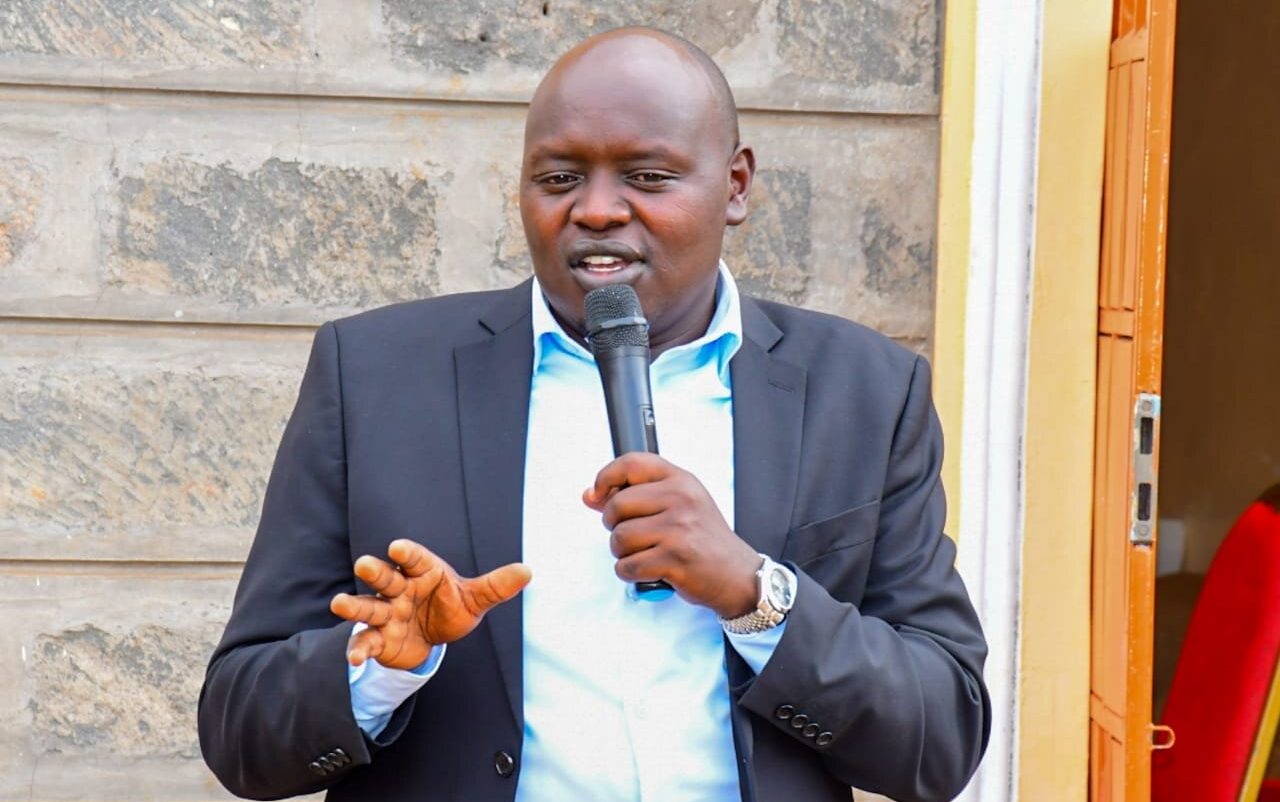Garisa Town MP Aden Duale has cautioned Chief Justice Martha Koome against appointing female Kadhis.
Duale was speaking on Saturday, July 1, at his constituency.
“As a Muslim leader, we will not accept a female Khadhi. It is not found in the Koran. It is not found in the teachings of the Prophet,” Duale said.
The legislator argued that the Islam religion has always respected the position of women in the society.
“Islam has a special place for women and it has given women roles to execute in the society,” Duale stated.
“I would like to tell CJ Koome that if she was appointed Chief Justice it does not mean that we also have a female Khadhi,” he added.
Duale argued that Koome is a judge in a secular society stating that the CJ is not a judge in religious set up.
“Do not interfere with how the Muslim religion is run in this country the same way we will not interfere with the Christian faith. We must respect religion leaders if you want Kenya to be a good country,” Duale said.
The Garisa town MP further stated that Muslims voted for the 2010 constitution because of devolution and the Khadhis court.
“We wanted to run our affairs when it comes to marriage, divorce and inheritance according to the prophetic teachings of the Quran,” Duale said.
Duale’s statement comes after a section of women pushed for one of them to be appointed to the Khadhi courts’ top position as incumbent Chief Khadhi Sheikh Ahmed Muhdhar’s tenure ends, a call Sheikh Muhdhar supports.
“As long as you have studied the Islamic Sharia law, you are entitled for the Khadhi position, irrespective of gender,” he said.
Sheikh Mudhar’s statements were also echoed by Mudhar Khitamy, the chairman of the Supreme Council of Muslims in Kenya (Supkem) Coast region.
“What people need to understand is that the Khadhi Court is just a magistrate court and can be led by either a man or woman. And if a woman applies for the position, she is entitled to it,” the chairman said.
The Muslim women argued that the appointment of CJ Koome gave them the propulsion to seek the top position on the Khadhi’s court that decides on matters inheritance, marriage and divorce.
Islamic law scholar Fatuma Juma told a local daily that if women ascend to such high positions, they will bring a new perspective on women’s issues that are not well articulated in the current set-up.
“It is not a must that the Kadhi position goes to men. It is not a reserve for them. If we are given those chances, women may help to solve issues affecting them, and articulate them better,” the scholar argued.
According to her, most Muslim women are shy and need a fellow female advocate to help them handle marital and other challenges.










